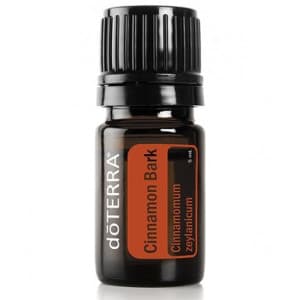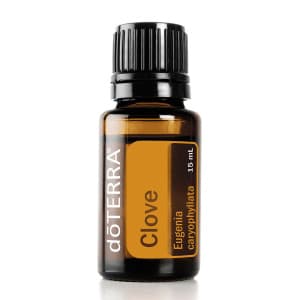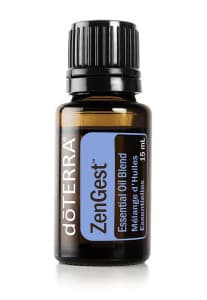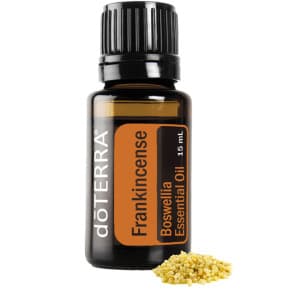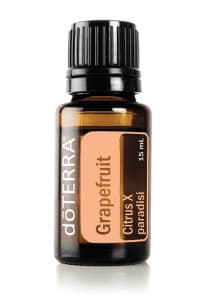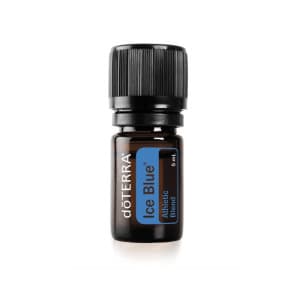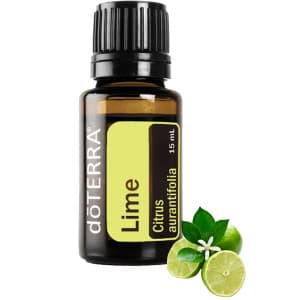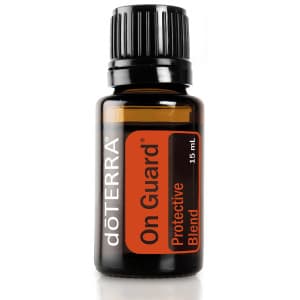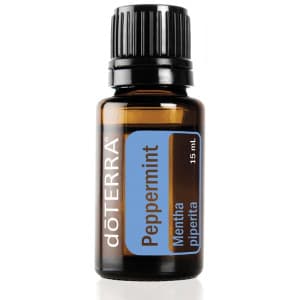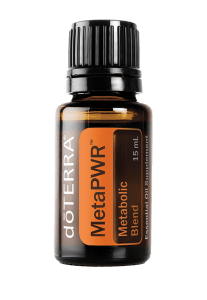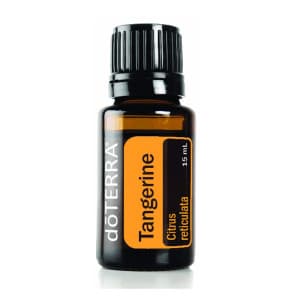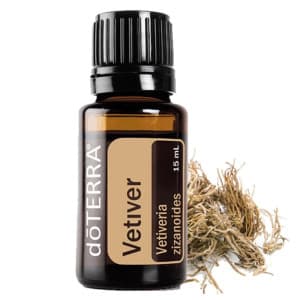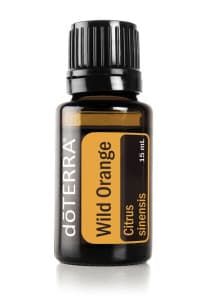What Makes Essential Oils Essential?
Essential oils are compounds extracted from plants. The oil basically defines the essence of a plant. Each essential Oil is unique and they capture the scent and flavor of plants from which they are extracted. Essential Oils contain aromatic compounds that make each one unique. They are obtained from plants through distillation and some other mechanical methods which include cold pressing. After extraction, the oils are then combined with a carrier oil after which they can then be used to create a product that is ready for use.
Essential Oils are used for a wide array of things across several industries. Although their most dominant use is in the cosmetic industry. Interestingly, they are used in alternative medicine. There are many uses of Essential oils for health, cooking, relaxation and beauty.
In classification, it is important to take note of the means by which the essential oil is derived. Essential oils obtained through synthetic means are not regarded as true essential oils. Essential Oils often retain their natural smell and flavor.
Essential Oils play an important role in Aromatherapy. They could be either inhaled, diluted or rubbed on the skin. It is often advised that they are not swallowed at least not in large quantities. Inhaling the aroma of essential oils are however safe. The oils can stimulate areas of your limbic system and have effects in emotions, behaviors and some senses (e.g. sense of smell). Inhaling certain Essential Oils are also said to have effects on long-term memory.
However, some studies have shown that the relationship between essential oils and the limbic system is based on the fact that the limbic system is largely involved in forming memories and certain smell can trigger memories or emotions. The Limbic system is also involved in activities such as breathing, heart rate, and blood pressure.
Currently, there are over 90 different types of essential oils, each with a unique smell and use. However, a number of Essential Oils have been proved to have anti-infective properties. Some common examples of essential oils and their functions include;
Jasmine Oil
Jasmine Oil is used to help with depression, childbirth and also libido.
Peppermint Oil
Peppermint Oil is used as an energy booster and also to aid digestion.
Sandalwood Oil
Sandalwood Oil is used to calm nerves and help calm the mind.
Lemon Oil
Lemon Oil is used to aid digestion, mood, headaches and more.
Chamomile Oil
Chamomile Oil is also used for improving mood and to help relax.
Bergamot Oil
Bergamot Oil is more commonly used in the treatment of skin infections. It is sometimes used in stress management therapy.
Lavender Oil
This oil is used in stress relief therapy.
Rose Oil
Rose Oil is used to improve mood and reduce anxiety.

